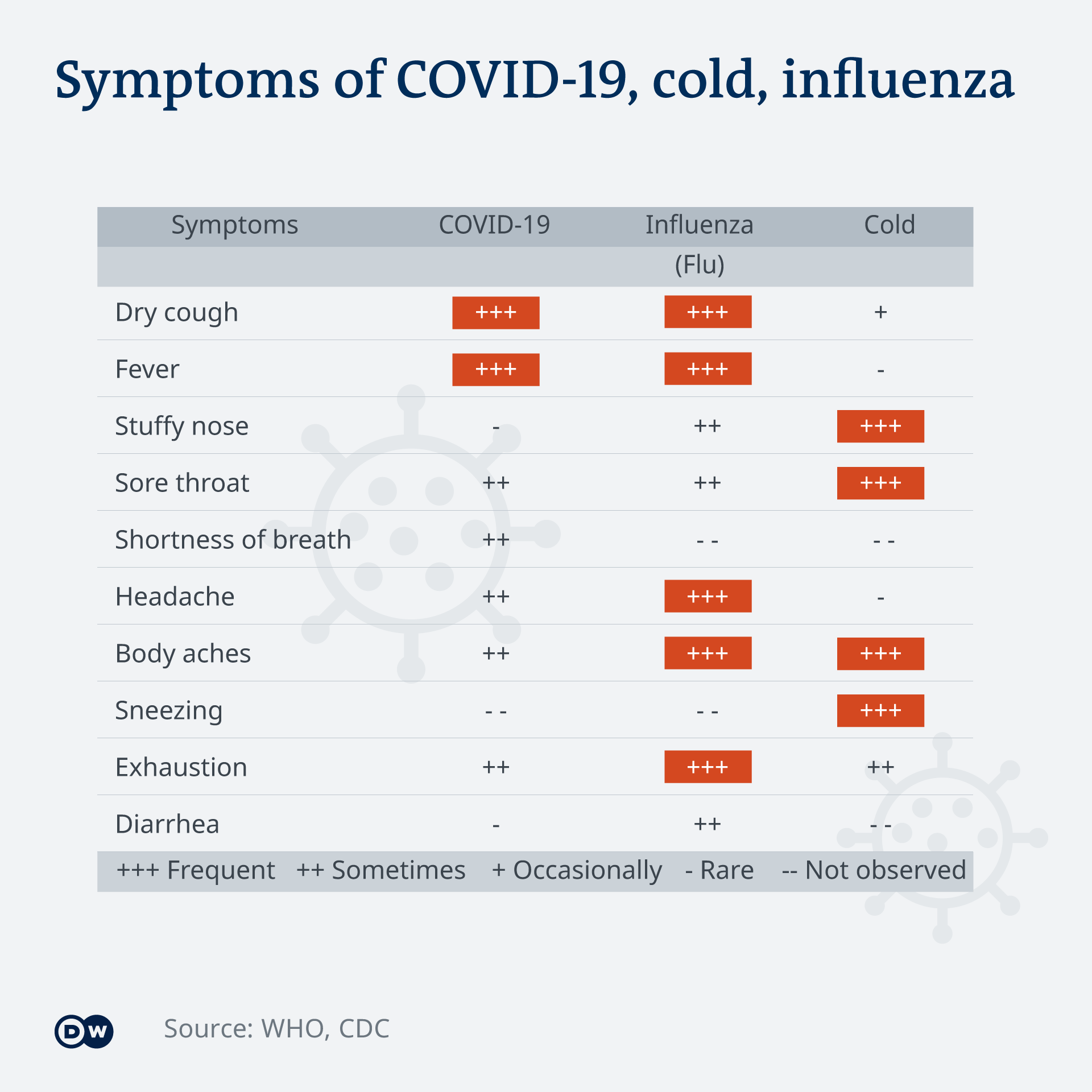TEHRAN (Iran News) – More than 86,000 people worldwide have now recovered from the lung disease COVID-19. In those cases, the infection manifested itself in a mild to moderate form, or it is because these patients received excellent medical care.
This number can provide solace, on the one hand, but on the other, there is still little information about how these people are doing after the infection has run its course.
With great relief and joy, some convalescents describe how they have survived the physical, but above all psychological stress: the healing of symptoms, the agonizing uncertainty, and the grueling isolation phase. They are happy to be immune to SARS-CoV-2 after having survived the illness. Relief is often mixed with apprehension — for instance, with regard to the many people who have not yet been infected.
Complete recovery?
As the new coronavirus generally affects the lower respiratory tract, most of those infected exhibit a dry cough, shortness of breath or pneumonia.

Now researchers in Hong Kong have said that recovered coronavirus patients can be left with damaged lungs.
A small study of 12 patients discharged from the hospital showed that two or three had reduced lung function. However, it is too early to confirm any long-term effects.
“In some patients, lung function could decline by about 20 to 30% after recovery,” says Dr. Owen Tsang Tak-yin, medical director of the Infectious Diseases Centre at Princess Margaret Hospital in Hong Kong.
Computer tomography has shown fluid- or debris-filled sacs in the lungs, which may get progressively worse as the illness develops.
The findings from Hong Kong confirm very early investigations from Wuhan in early February 2020. In a recent study, scientists from Zhongnam Hospital of Wuhan University analyzed 140 lung scans of COVID-19 patients and found a ground-glass opacity in both lungs of each patient.
Suspected pulmonary fibrosis
Further investigations of the recovered COVID-19 patients must now be conducted to show whether they have developed pulmonary fibrosis — scarring in the lungs. Over time, the scar tissue can destroy the normal lung and make it hard for oxygen to get into the blood. Low oxygen levels (and the stiff scar tissue itself) can cause shortness of breath, particularly during physical exertion.
Lung fibrosis cannot be cured because the scarred changes in the lung tissue do not regress. But the progression of pulmonary fibrosis can be delayed and sometimes even stopped if detected in time.
Early detected, a pulmonary fibrosis can be stopped
Are recovered COVID-19 patients immune?
The majority of virologists are convinced that recovered COVID-19 patients are immune to the new SARS-CoV-2 virus after the infection has run its course. After all, the body’s own immune system has produced precisely those antibodies during the infection that render the pathogen harmless.
This all-clear also applies to those who had only a weak course of the disease and showed a few to no symptoms. Nevertheless, their immune systems reacted to the pathogen and produced the corresponding antibodies. A renewed infection with the new coronavirus is therefore highly unlikely.
- source : DW, Iran News






























